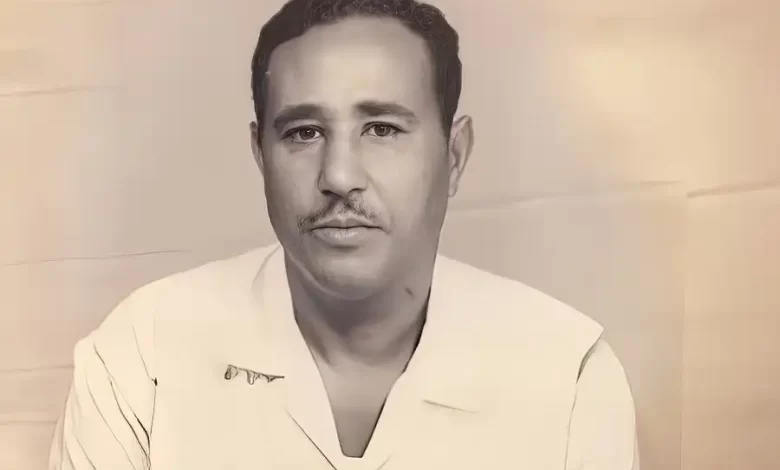Edward Oliver LeBlanc

Edward Oliver LeBlanc (October 3, 1923 – October 29, 2004) stands as a seminal figure in Dominica’s political history, renowned for his unwavering commitment to social justice, cultural renaissance, and the empowerment of the working class. His leadership not only transformed the political landscape of Dominica but also laid the groundwork for its journey toward self-governance and national identity.
Edward Oliver LeBlanc Early Life and Formative Years
Born in the northern village of Vieille Case, Dominica, LeBlanc’s early life in a rural setting profoundly influenced his worldview. He pursued agricultural studies at the Imperial College of Tropical Agriculture in Trinidad, graduating in 1944. Upon returning to Dominica, he served as an agricultural extension officer, working closely with farming communities across the island. This role deepened his understanding of the challenges faced by the agrarian populace and fueled his passion for social reform.
Political Genesis and Rise to Leadership
LeBlanc’s political journey commenced with his involvement in the Dominica Labour Party (DLP), which he joined shortly before the 1957 general elections. He successfully contested the Portsmouth District seat, marking his entry into the Legislative Council. In 1958, he was elected as a member of the House of Representatives of the short-lived West Indies Federation. Following the federation’s dissolution, LeBlanc returned to Dominica and, in the 1961 general election, won the Roseau South seat, subsequently becoming Chief Minister.
Championing the “Little Man”
LeBlanc’s tenure as Chief Minister, and later as Premier, was characterized by his unwavering dedication to the working class, whom he affectionately termed the “little man.” He implemented policies aimed at uplifting this demographic, focusing on:
- Infrastructure Development: Under LeBlanc’s leadership, significant strides were made in improving the island’s infrastructure. Road networks were expanded, connecting remote villages to urban centers, thereby facilitating trade, communication, and access to essential services.
- Educational Reforms: Recognizing education as a cornerstone for national development, LeBlanc’s administration established new schools and enhanced existing educational facilities. These efforts aimed to provide greater access to quality education, particularly for children from rural and underprivileged backgrounds.
- Cultural Renaissance: LeBlanc fervently promoted Dominican culture, encouraging the revival of traditional music, dance, and the Kwéyòl language. He believed that fostering cultural pride was essential for national identity and unity.
Navigating Political Turbulence
Despite his numerous achievements, LeBlanc’s leadership faced significant challenges. The emergence of opposition movements and internal dissent within the DLP tested his resolve. In 1970, facing criticism from within his party, LeBlanc formed the LeBlanc Labour Party and secured a decisive victory in the general elections, winning eight out of eleven seats in the legislature. However, the political antagonism and personal attacks during his later years in office deeply affected him. Feeling disillusioned, LeBlanc made the unexpected decision to retire from politics in 1974, retreating to his hometown of Vieille Case.
Legacy and Enduring Impact
Edward Oliver LeBlanc’s contributions to Dominica’s development have left an indelible mark on the nation’s history. In recognition of his service, he was awarded the Dominica Award of Honour in 1976. In 2012, the West Coast Road connecting Portsmouth and Roseau was renamed the Edward Oliver LeBlanc Highway, ensuring that his legacy endures for future generations.
LeBlanc is often revered as the “father of the nation,” celebrated for his unwavering commitment to social justice, cultural pride, and national development. His life and work continue to inspire Dominicans, reflecting the profound influence of dedicated leadership.




